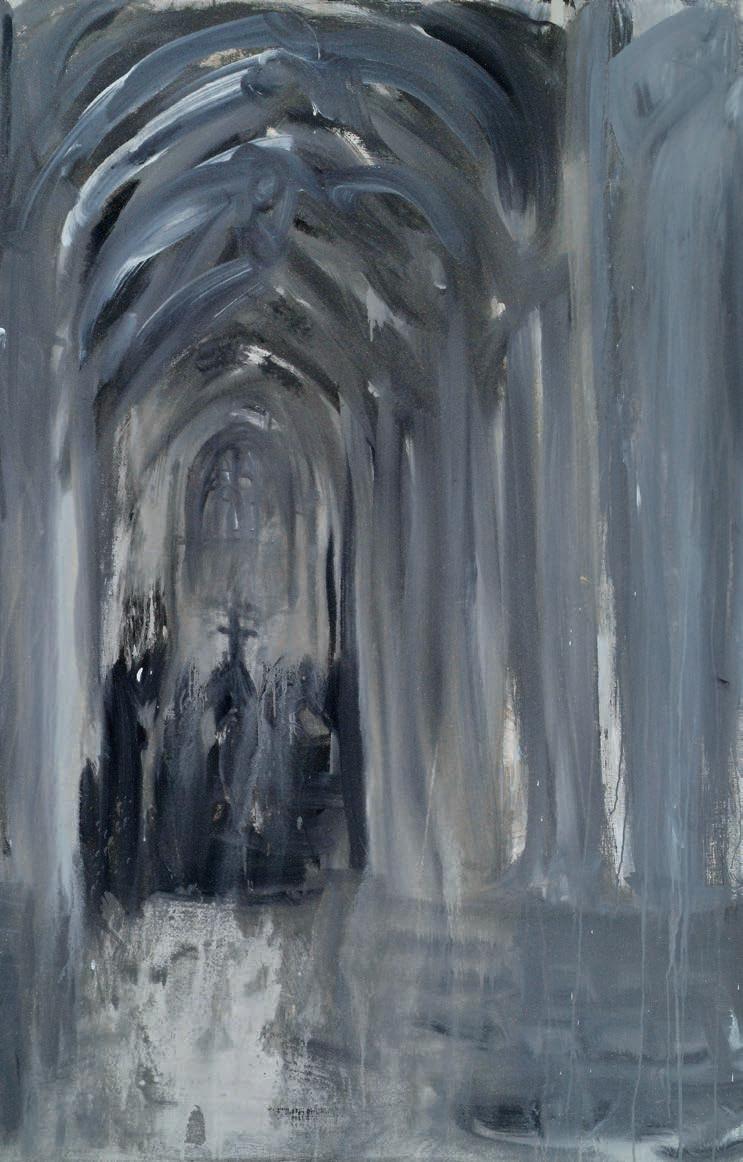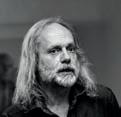
Anchoring off the coast
Parrots in Mirrors
16 The supporting heel of the mast
17 Wind throughout the day
18 When we stepped ashore
19 The island looked uninhabited
20 The king of the island cannot be seen
21 Good to know
22 They attacked so poorly
23 The local king is protected from words
24 They explained to us that we die too straight
25 She opened her legs
26 This island is one of the smallest
27 You open the thicket
28 In the exchange of prisoners, it turned out
29 Green parrots from this island
30 The sun resembled a newborn
31 Good to know
32 On this island they had nothing against trading
33 The negotiations didn’t go well
34 Have you heard Awuan?
35 They have a habit of cutting off the lower jaw
36 It was explained to us that


The supporting heel of the mast, the silent service of a strut in the lower deck. At the end of the rope a knotted mass, a letter in the alphabet of naval effort. The rough stitching of faded canvas with smudges like islands where everything is different and which were never found. A rib out of the flank.
Since the eighth chapter of Scripture everyone descends from the ship. And this morning is so bright that one might still catch up with life.
Wind throughout the day.
The ship inclined precariously.
I went with a lamp into the hold where we kept things for trading. Fabric.
Red hats for which people in new worlds so easily lose their heads. Beads, cards. Crates of mirrors tipped over.
I caught sight of my face, I caught sight of my face, I caught sight of my face so many times I backed away.
In the evening land appeared.
They attacked so poorly it was insulting. Soon we were done.
I went into the hut. Another one was hiding there, he couldn’t escape. He handed me his musical instrument made of white wood, so light that my hand buckled. He had thus gained an extra moment of life.
I’ve never seen white wood this light anywhere else. There was an empty space inside, a ridiculous vulnerability without, the kind that accompanies all musical instruments. It resembled a cradle. And something else I didn’t know.
On the shore, they were calling us to set sail.
The local king is protected from words. If someone wants to tell him something, he tells one of the chiefs. The chief then walks deep into the desert for three days without food, drink, or thoughts, so that the words lose their power. As soon as he returns he lights a fire between himself and the king’s wife. He whispers the words to her across the flames. They repeat this over a stream of water, which flows between them.
At last, with clean words, the wife slowly goes to the king.
On this island they had nothing against trading. We brought out axes, scissors, cymbals. Cambay cloth, yellow damask, black silk.
We soon found out, however, that they wanted us to be doing that –naked. Trading is a ceremony for them.
We turned questioningly to the captain.
Not that they wouldn’t sell anything with their clothes on. But being naked tripled the profit. The merchandise shone. That evening no one spoke, early the next morning we weighed anchor.
The negotiations didn’t go well. They won’t give us the officer’s corpse. Apparently, they understood how valuable he is. We can keep all the ones floating around.
What those naked people crave most are buttons! And red hats…
For good reasons we feign disinterest in gold bracelets. They keep wanting to know why we talk about tomorrow and who gave it to us.
At sunset, a man struck a giant gong. I remembered myself.
I can spend all day watching how they cut up beautiful fruit so unlike any other.
The queen mangles the new name she got after a saint. Clare.
The captain had the guns fired out of concern for the seriousness of the expedition.
Tuan, tuan diam!
The interpreter has disappeared somewhere.
Chechil pixao cepot.
Apenamaito?
They keep staring at our throats.
Sumpitam damach ypu.
Where is that guy?
They’ve brought meat, eggs, rice.
Tuan diam!!
Tida taho.
The meat doesn’t look good. We’ve set up patrols.
Appa mau.
Matu macan ambil, ticug?
Suddenly a child pointed at me.
Ticug?
Ticug?
It only took a moment.
We returned to the ship without the interpreter.
The blanket didn’t help, I shivered under it.
That night I was robbed of sleep by a completely empty dream.






